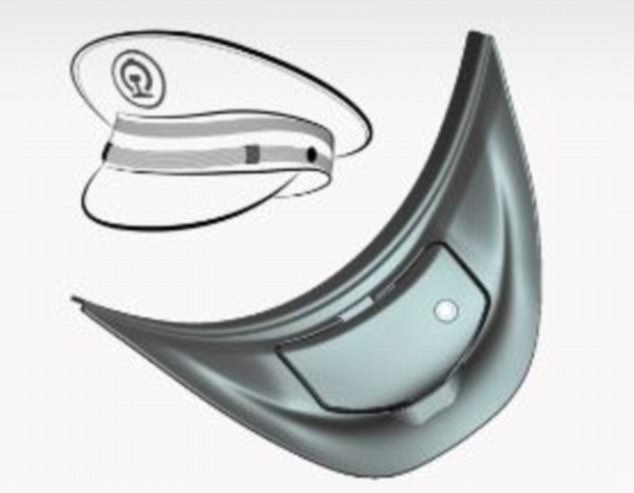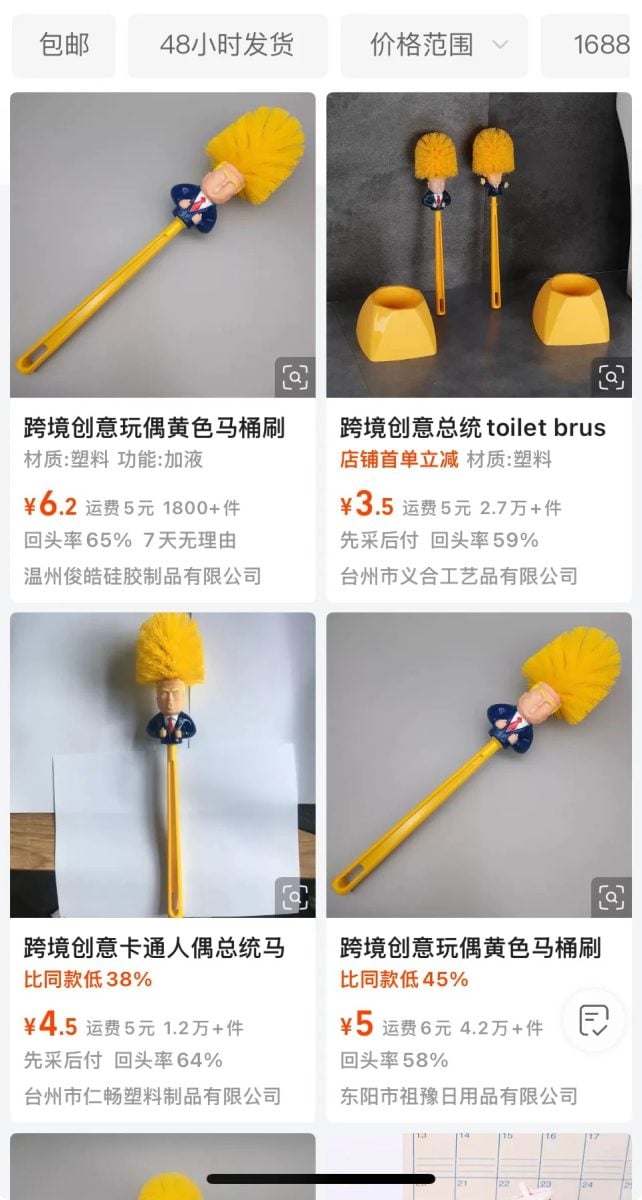It sounds like something out of a Black Mirror episode, but according to recent news reports, Chinese companies are using special helmets to monitor workers’ brain activity in order to reduce stress, manipulate break times with the ultimate goal of increasing productivity.
The South China Morning Post recently reported employee brainwave monitoring in China is used on an unprecedented scale. Sensors concealed in work helmets and lightweight hats constantly monitor and collect workers’ brain activity, which is then fed into computers that use artificial intelligence algorithms that detect “emotional spikes such as depression, anxiety or rage”. This data is then used by management to adjust the work schedule and pace of production or to change working conditions in order to increase productivity.
Hangzhou-based State Grid Zhejiang Electric Power is one of the many companies relying on employee brainwave monitoring, and according to Cheng Jingzhou, the official in charge of the “emotional surveillance program”, it has definitely paid off. The company’s 40,000 employees manage the power supply and distribution network to homes and businesses in Hangzhou province, and this program has allowed them to that to a higher standard.

Photo: Pixabay
“There is no doubt about its effect,” Cheng said, adding that the program has boosted company profits by about 2 billion yuan (US$315 million) since it was implemented, in 2014.
Similar brainwave monitoring programs have been implemented at other large companies like Hangzhou Zhongheng Electric or Ningbo Shenyang Logistics, and they’ve all reported increased productivity and improved financial earnings.
So what does this technology actually do? According to Jin Jia, an associate professor of brain science and cognitive psychology at Ningbo University’s business school, knowing if and when an employee is highly emotional is invaluable for companies, especially if he is in a key position that could affect the performance of a whole team.
“When the system issues a warning, the manager asks the worker to take a day off or move to a less critical post. Some jobs require high concentration. There is no room for a mistake,” Prof. Jia said, adding that workers were suspicious of the brainwave monitoring caps at first, but eventually got used to them.

Photo: Deayea Technology
“They thought we could read their mind. This caused some discomfort and resistance in the beginning. After a while they got used to the device. It looked and felt just like a safety helmet. They wore it all day at work.”
Ningbo University is home to Neuro Cap, a central government-funded brain surveillance project.
Deayea, a Shanghai-based technology company, told the South China Morning Post that its brain monitoring sensors are regularly worn by train conductors working on the Beijing-Shanghai high-speed rail line. Incorporated into the brim of the conductors’ hats, these sensors can apparently measure various brain activities, like fatigue and attention loss with an accuracy of more than 90 percent. In the conductor were to doze off at his post, the sensor would trigger an alarm to wake him up. Such technology may soon be implemented in airplane cockpits as well, to ensure that emotionally unstable pilots don’t put passengers at risk.
But while the benefits of employee brain monitoring seem to be praised by both private and state-run companies in China, there are also those who worry about the breach of privacy and the use of this gathered data for nefarious purposes.

“There is no law or regulation to limit the use of this kind of equipment in China. The employer may have a strong incentive to use the technology for higher profit, and the employees are usually in too weak a position to say no,” Qiao Zhian, professor of management psychology at Beijing Normal University, said. “The selling of Facebook data is bad enough. Brain surveillance can take privacy abuse to a whole new level. The human mind should not be exploited for profit.”
Experts say that brain-reading technology in China is on par with that developed in Western countries, but China was the only one implementing it on a massive scale at the workplace. In the US, for example, brainwave reading devices have only been used to help archers improve their aim. The vast amount of data being collected right now is expected to help China improve its technology and surpass the competition in the next few years.






